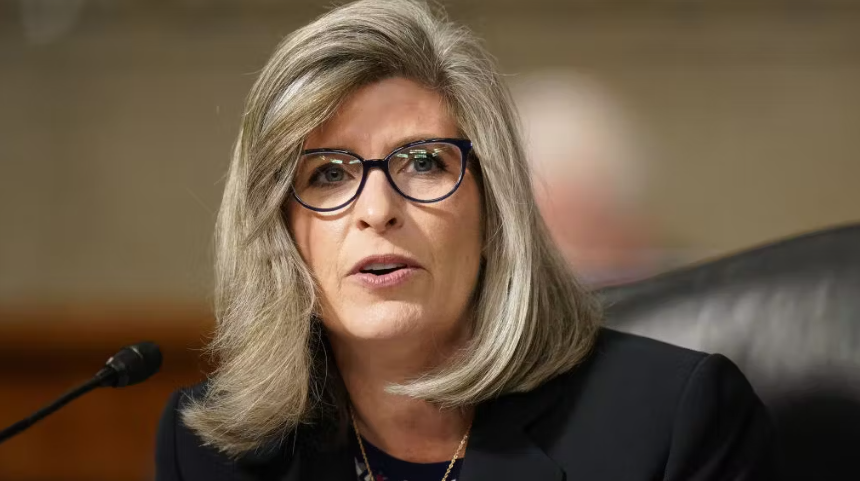Feds Crack Down On Minority Contracting Schemes, D.C.’s Worst-Kept Secret
The federal government is finally moving to rein in one of Washington’s most notorious open secrets: rampant abuse of minority contracting programs, specifically the SBA’s 8(a) set-aside program, which is supposed to help “socially and economically disadvantaged” businesses compete for federal contracts.
For years, billions in taxpayer dollars have flowed to firms that claim minority status but quietly partner with larger, often white-owned firms that do most of the work. These so-called “Super 8(a)” partnerships have flourished with minimal oversight, exploiting loopholes and gaming the system to secure lucrative no-bid contracts.
One standout example is ATI Government Solutions, a company that touted its “tribal advantage” to win contracts under the guise of Native American ownership. But according to its own leadership page, the executives running the show don’t appear to be Native American at all.
Sen. Joni Ernst (R-IA), chair of the Senate Small Business Committee, has launched a sweeping investigation. In a letter to the SBA’s inspector general obtained by The Daily Wire, Ernst called for a probe into ATI, its supposed tribal parent entity — the Susanville Indian Rancheria — and a broader network of firms benefiting from this shell game.
SBA Administrator Kelly Loeffler confirmed Saturday that not only is ATI under investigation, but seven additional companies linked to its CEO Firmadge Crutchfield have now been suspended. Their names have been referred to law enforcement.
“As part of our ongoing investigation into ATI Government Solutions,” Loeffler said, “SBA has uncovered and now suspended a network of SEVEN additional companies connected to its CEO.”
Sen. Ernst praised the move, saying, “I will not rest until every last fraudster is held accountable.”
She also blasted the Biden administration for tripling the 8(a) contracting goals from 5% to 15% — despite having no proper system to track or enforce compliance. When she asked for mandatory monitoring reports from 8(a) firms, she discovered they weren’t even being retained by SBA officials.
“Small business contracting programs were never intended to function as welfare systems for favored classes or give no-bid contracts to do-nothing companies,” Ernst wrote.
She demanded all disciplinary records from the last five years, and called for answers on whether any firms have ever been penalized for violating subcontracting rules — a requirement that supposedly ensures minority firms do at least half the work. In reality, many serve as pass-throughs for larger companies that exploit the minority-owned label without delivering the intended benefits.
The rot goes deeper.
In June, Walter Barnes III, founder of Vistant (formerly PM Consulting Group), pleaded guilty to bribing USAID officials to secure $544 million in contracts. His firm leveraged its black-owned status to win sole-source contracts, then partnered with other 8(a) firms to keep feeding the money train even after “graduating” from the program.
Despite the staggering fraud, the Justice Department offered Vistant a deferred prosecution agreement — and incredibly, the company remains eligible for government contracts. It even scored new opportunities potentially worth up to $800 million through a shell company called CollaborateUp, operating out of a residential home.
This web of abuse has persisted for decades. The only difference now is that, for the first time in years, someone in Washington seems serious about tearing it down. Whether the crackdown leads to lasting reform remains to be seen — but for now, the spotlight is finally on the swamp.

